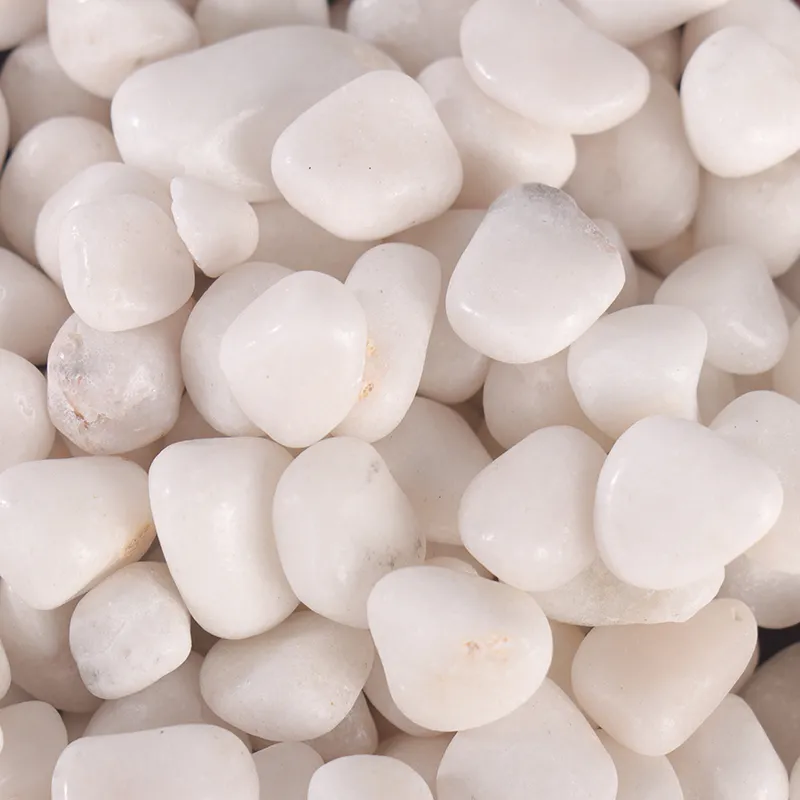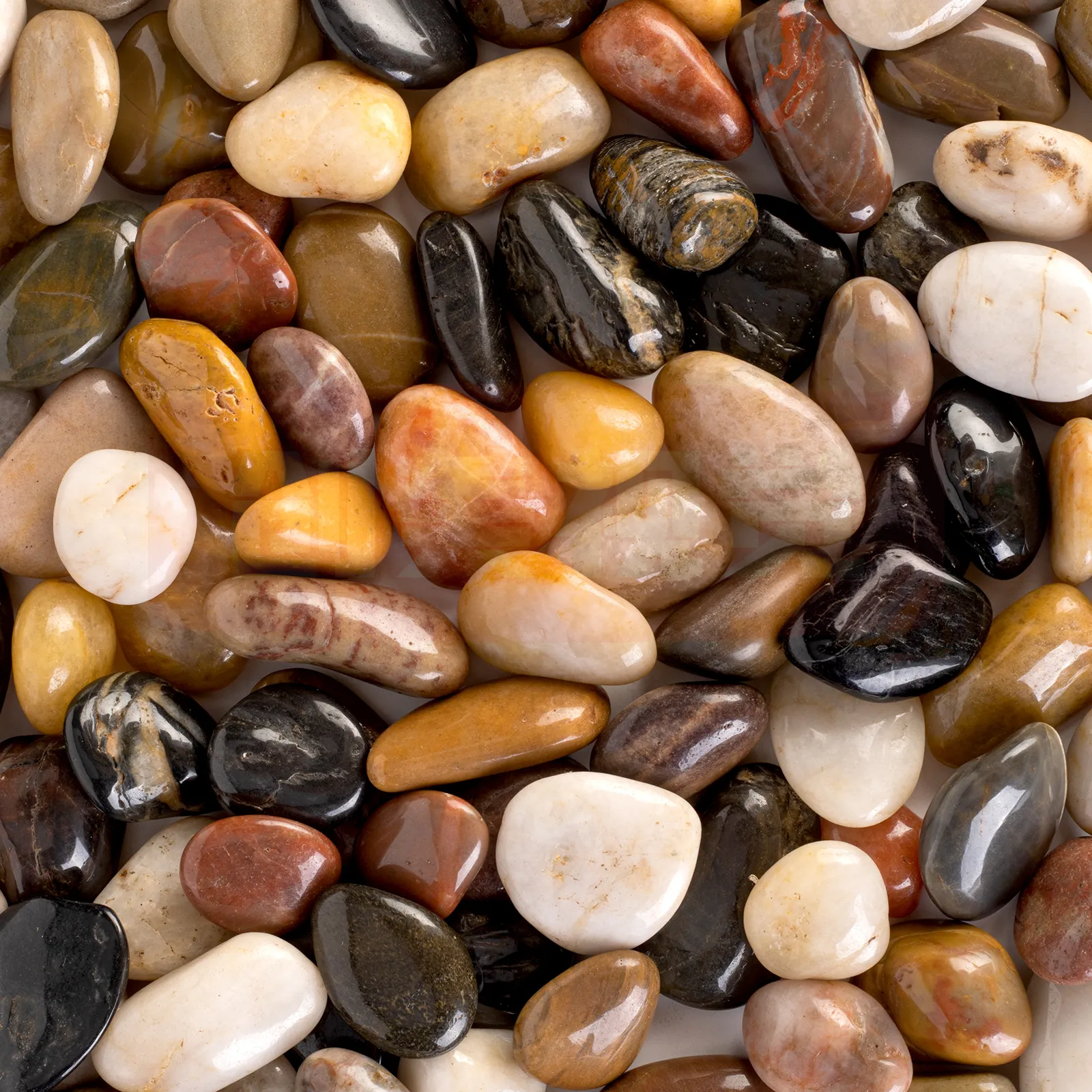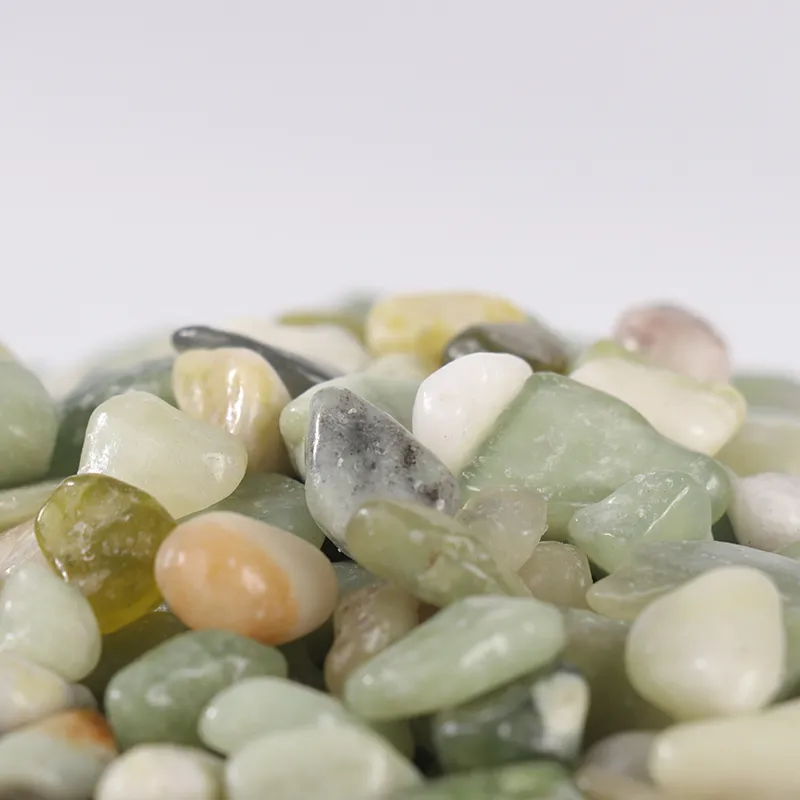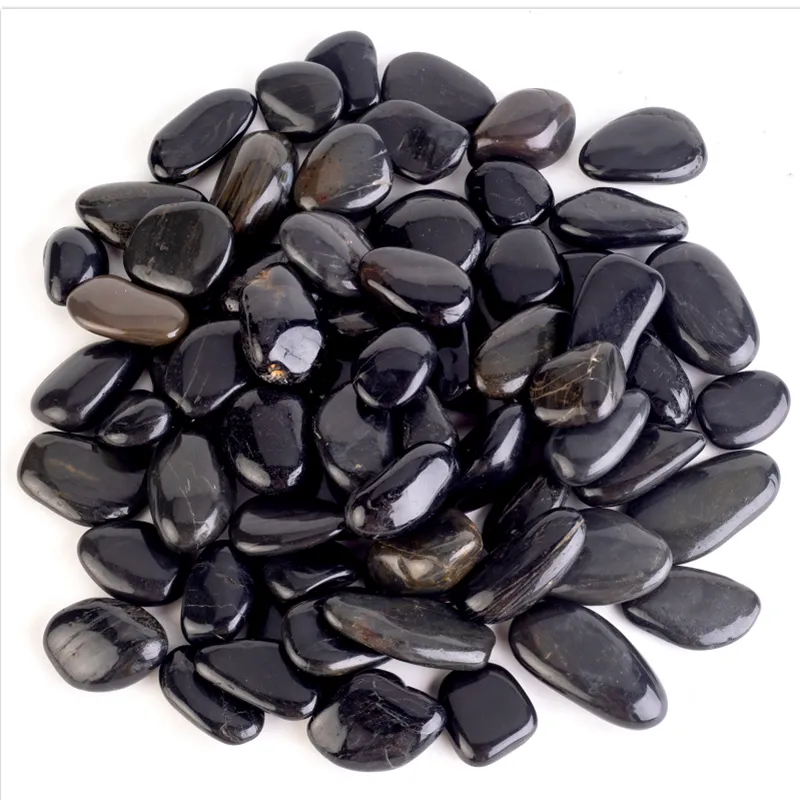2 月 . 15, 2025 05:22 Back to list
60mm white pebbles

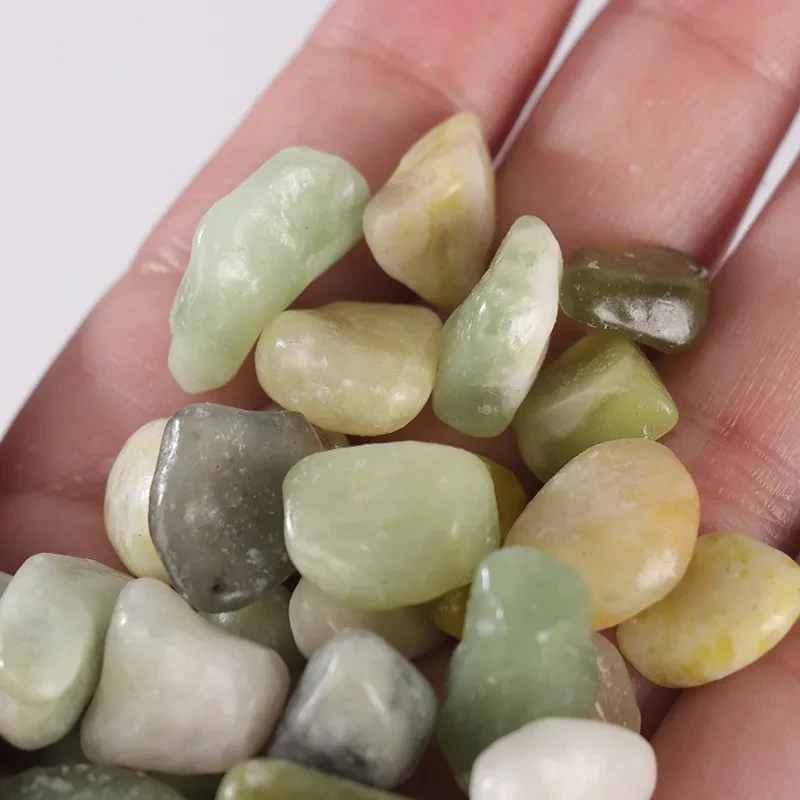
Moreover, white pebbles are excellent for improving drainage especially in areas prone to heavy rainfall. By incorporating them into the soil, they help increase porosity, allowing excess water to drain away quickly and preventing waterlogging—a common cause of root rot in many plants. This quality makes them indispensable in high-precipitation regions, enhancing plant resilience to extreme weather conditions. For those leveraging white pebbles indoors, they offer a clean, unobtrusive aesthetic that complements various interior decor styles. When used in terrariums or as top dressing for houseplants, they can create an accent that highlights the natural beauty of the plant while maintaining a neat appearance. In corporate or public settings such as office spaces or hotels, they convey an image of professionalism and environmental awareness, enriching the visual experience of the interior space. Concerns about potential drawbacks are minimal with white pebbles, although caution should be applied to maintain them. Given their light color, they might accumulate visible dirt faster than darker stones, necessitating periodic cleansing to maintain their pristine look. However, this can be easily managed by rinsing or gently scrubbing with mild soapy water—ensuring the stones continue to look their best without harming the plants or the soil. In conclusion, by integrating white pebbles into your gardening or landscaping projects, you not only improve your plant's growth conditions but also bolster the aesthetic appeal of the environment. This multifaceted tool stands as a testament to sustainable and stylish gardening practices, endorsed by both experts in horticulture and environmental design. Trust in the timeless allure and pragmatic utility of white pebbles to transform your green spaces into areas of serenity and ecological balance.
-
Tumbled Nephrite Jade in Feng Shui: How to Attract Balance and Prosperity
NewsOct.18,2024
-
Nephrite Jade in Home Décor: Bringing Earthy Elegance to Your Living Space
NewsOct.18,2024
-
How to Spot Authentic Tumbled Nephrite Jade: A Buyer’s Guide
NewsOct.18,2024
-
Healing Properties of Tumbled Nephrite Jade: A Look into Ancient Wellness Practices
NewsOct.18,2024
-
Ethical Sourcing of Nephrite Jade: Ensuring Sustainable and Fair Trade Practices
NewsOct.18,2024
-
Caring for Your Tumbled Nephrite Jade: Maintenance Tips for Longevity
NewsOct.18,2024



